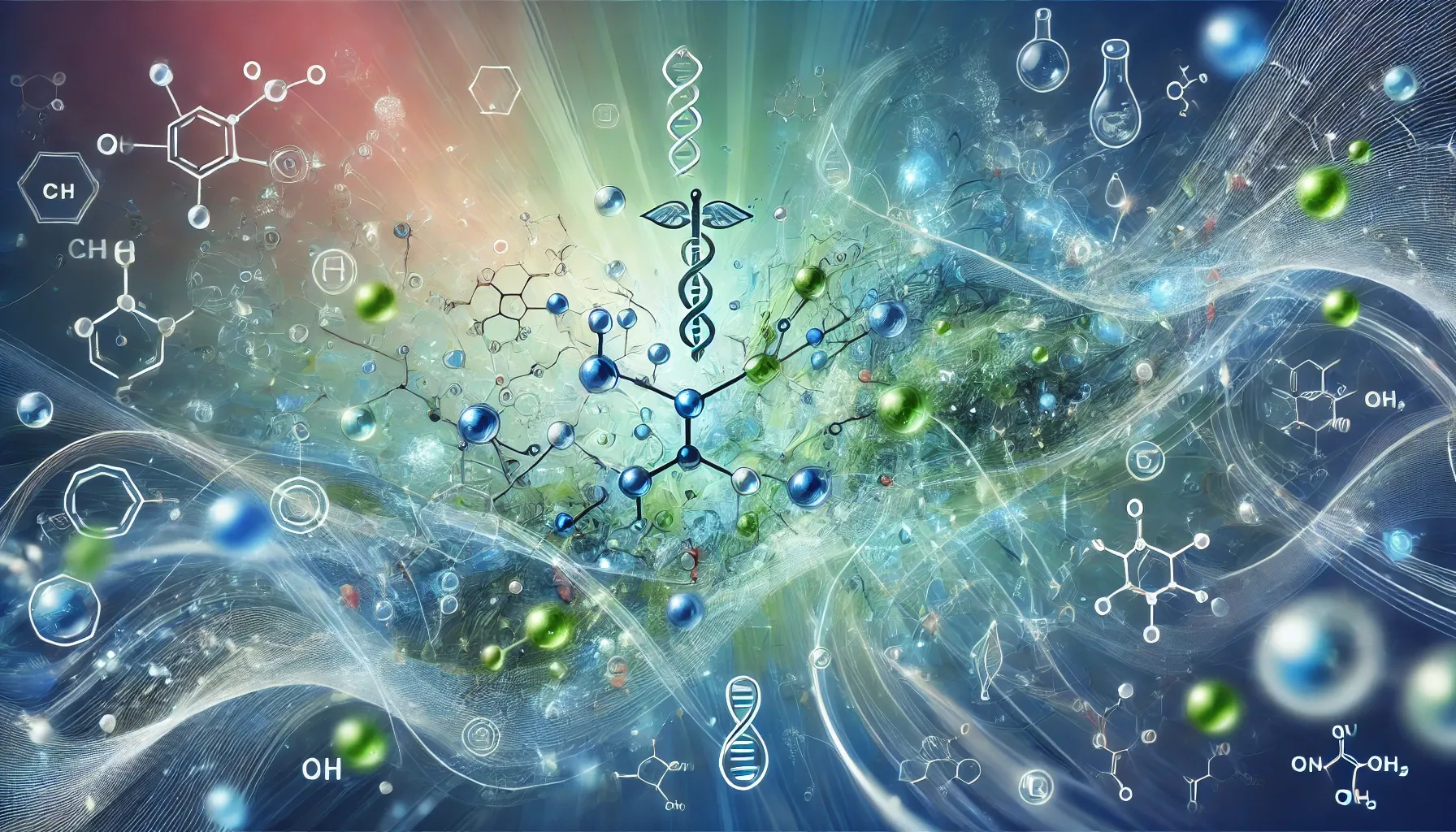UPSC
The Hindu Briefs
Reforming Biosimilar Regulations in India
Last Updated
31st March, 2025
Date Published
31st March, 2025
Share This Post With Someone

Context:
Published on March 31, 2025, in The Hindu, this article discusses the urgent need to update India’s biosimilar regulatory framework to balance safety, efficacy, and affordability. It highlights advancements in science, global regulatory trends, and the potential to enhance access to critical medicines as of early 2025.
Key Points:
- Biosimilars Defined: Biosimilars are affordable, highly similar versions of original biologic medicines, offering treatment for diseases like cancer, arthritis, and kidney conditions for over two decades.
- Global Pioneers: India, alongside other Asian countries, led biosimilar development, approving its first biosimilar in 2000—ahead of the European Medicines Agency (EMA, 2006) and the U.S. FDA (2015).
- Outdated Guidelines: India’s initial biosimilar regulations, once aligned with early scientific standards, are now obsolete due to advancements in manufacturing and testing technologies.
- Regulatory Reform Proposal: Replacing mandatory animal toxicology studies with sensitive tests and smaller pharmacokinetic/pharmacodynamic (PK/PD) studies could reduce costs and time while maintaining safety and efficacy.
- Clinical Efficacy Trials: Current norms require comparative efficacy trials, but reviews of EU and U.S.-approved biosimilars show these add little value, as clinical endpoints are less sensitive than biophysical and functional assays.
- Statistical Challenge: Large patient cohorts (e.g., 25,000 for cancer drugs) are needed for meaningful efficacy trial results, making them impractical and costly.
- Cost Reduction Potential: Eliminating unnecessary animal and efficacy studies could lower biosimilar development costs, enhancing affordability and market competition.
- Health Activist Push: Activists and patient groups advocate revising the Biosimilar Guideline to improve access to critical drugs, aligning with global trends.
- Misconceptions: Fears about biosimilars’ side effects are unfounded; they are not inherently riskier than biologics if properly regulated.
- Generic vs. Biosimilar Pricing: Generics achieve 90-95% price cuts due to simpler approval (bioequivalence only), while biosimilars face higher costs from mandatory trials, limiting price drops.
- Scientific Advancements: Modern manufacturing ensures high comparability, reducing the need for extensive trials and supporting ethical, efficient testing methods.
- Global Trends: The U.K., WHO (2022), U.S. (2022), and Canada have relaxed animal study requirements, streamlining biosimilar approvals without compromising safety.
- India’s Opportunity: Updating guidelines to reflect scientific progress could position India as a leader in affordable, safe biosimilar production, addressing healthcare cost burdens.
Key Terms:
- Biosimilars: Affordable versions of biologic medicines, highly similar in structure and function.
- Biologics: Complex medicines derived from living organisms, e.g., monoclonal antibodies.
- Pharmacokinetic/Pharmacodynamic (PK/PD): Studies measuring drug absorption, distribution, and effects in the body.
- Comparative Efficacy Trials: Tests comparing biosimilar safety and effectiveness to the original biologic.
- Animal Toxicology Studies: Preclinical tests on animals to assess drug toxicity, often deemed outdated.
- Bio-equivalence: Proof that a generic drug performs identically to its reference product.
Link To The Original Article – https://www.thehindu.com/sci-tech/health/india-needs-to-update-its-rules-for-biosimilars-to-ensure-safe-effective-and-affordable-medicines/article69395532.ece